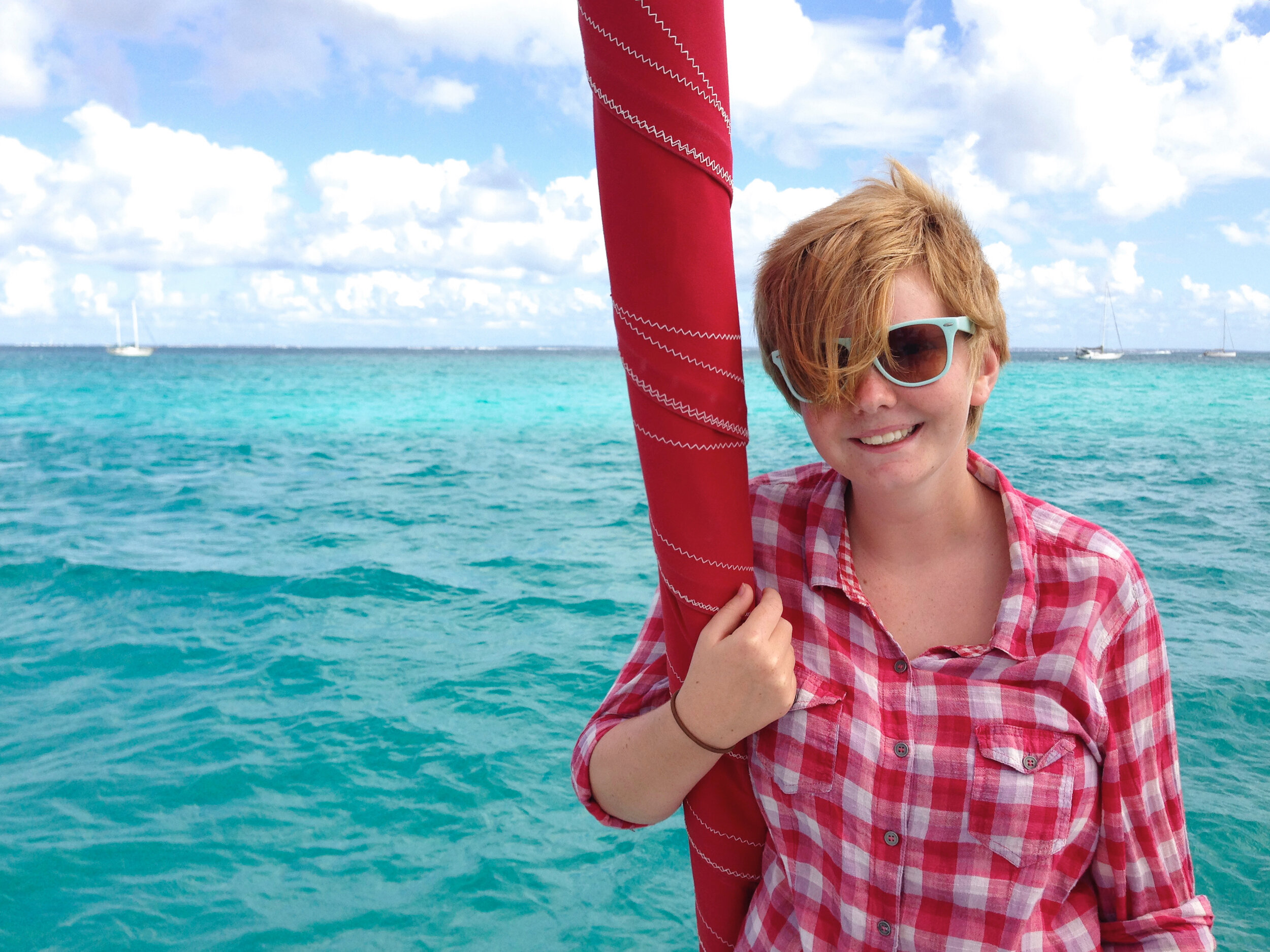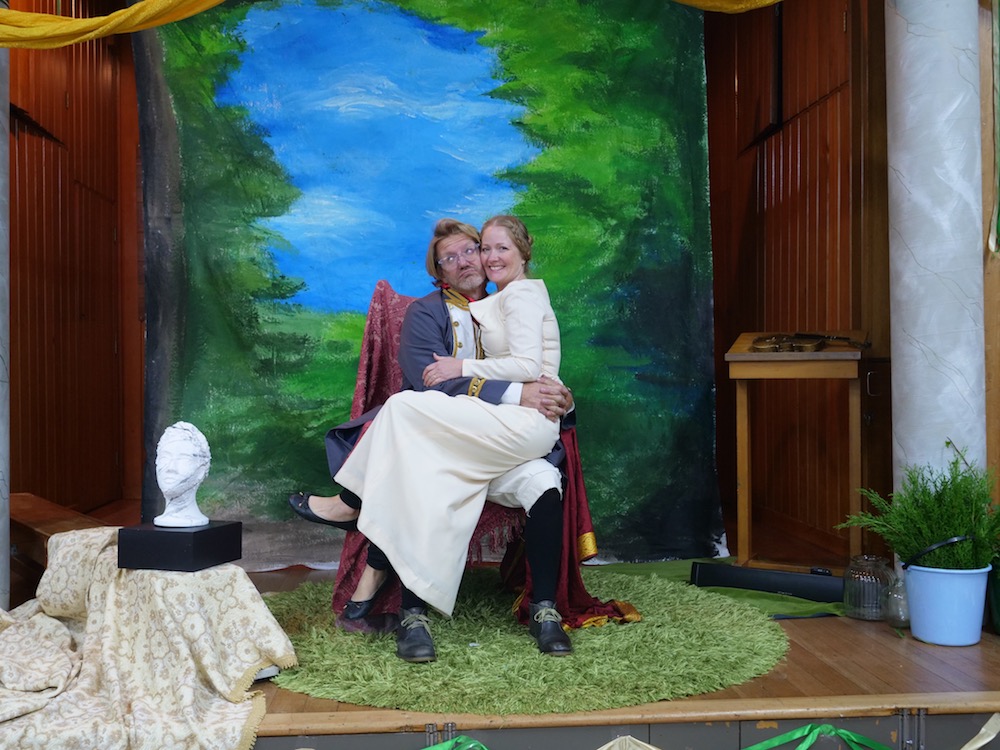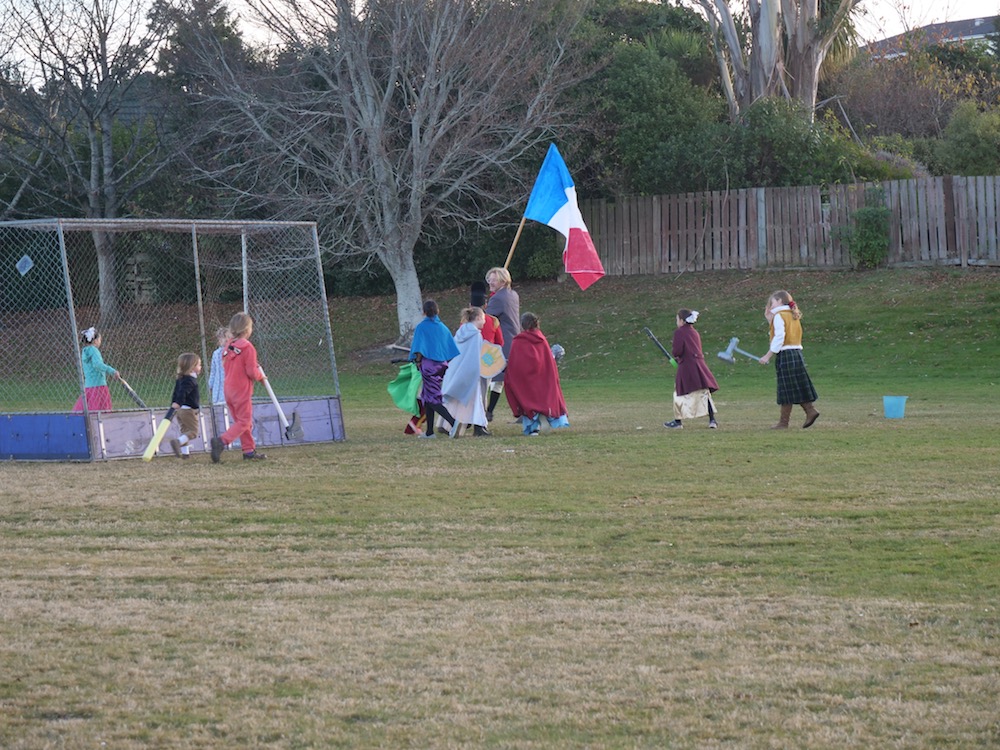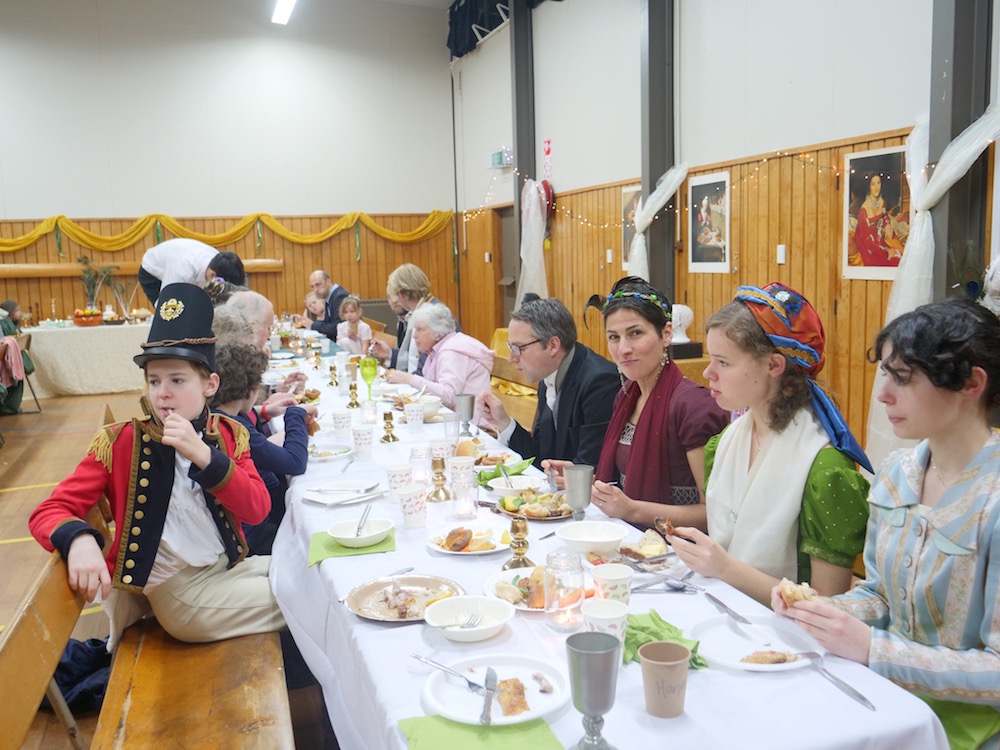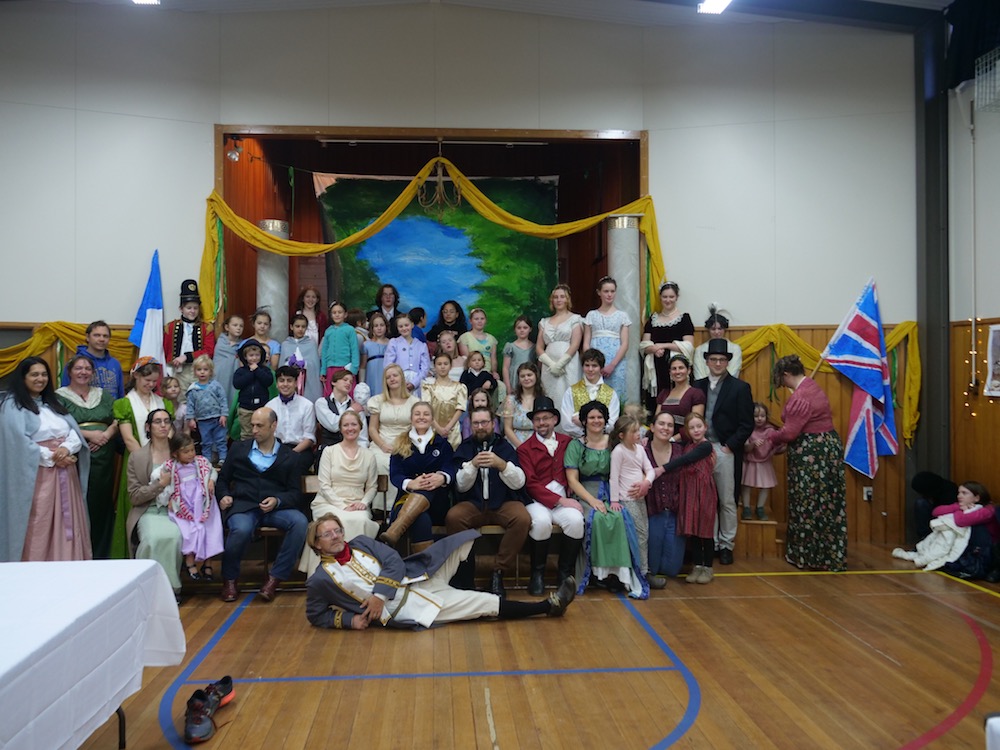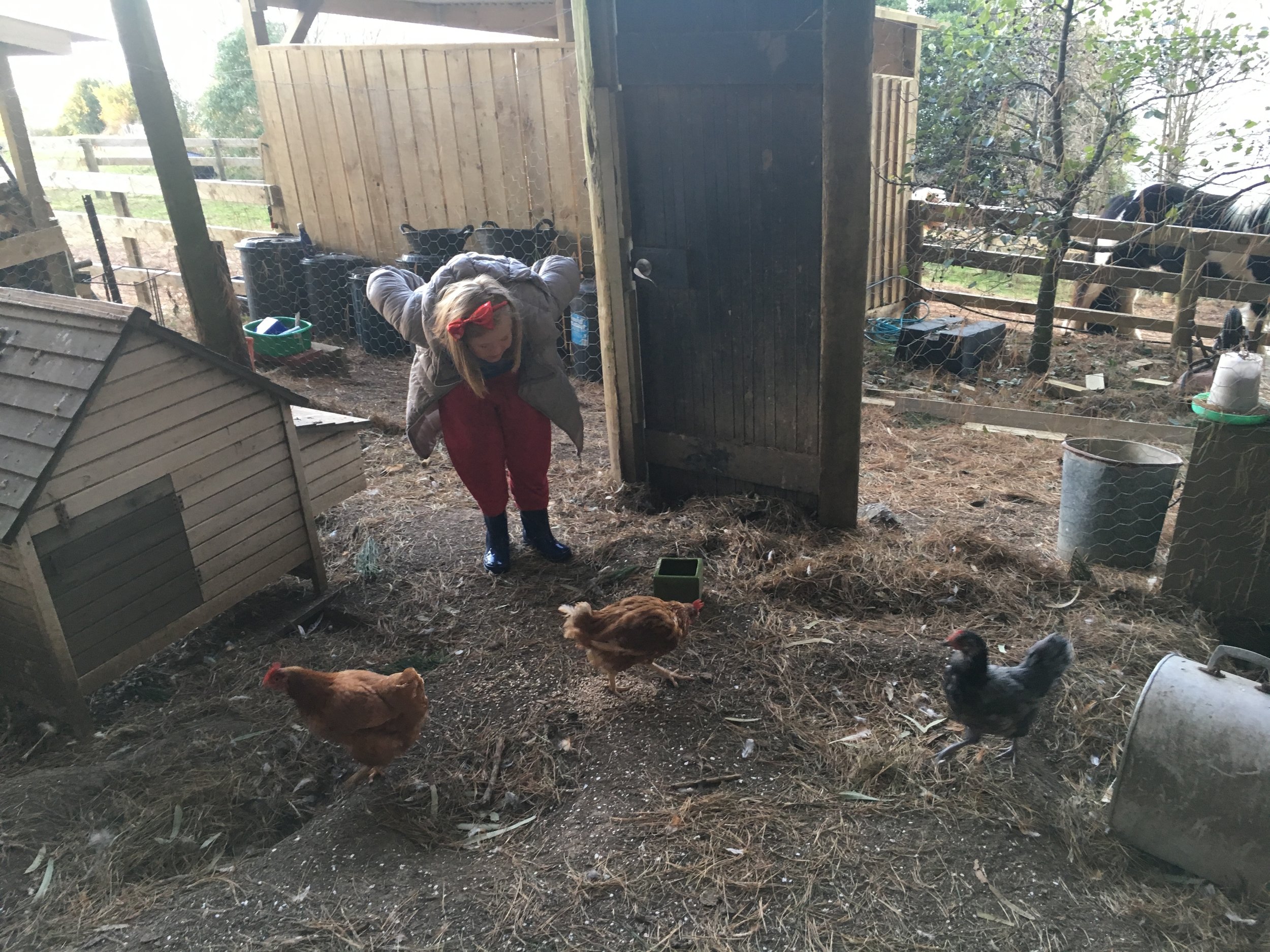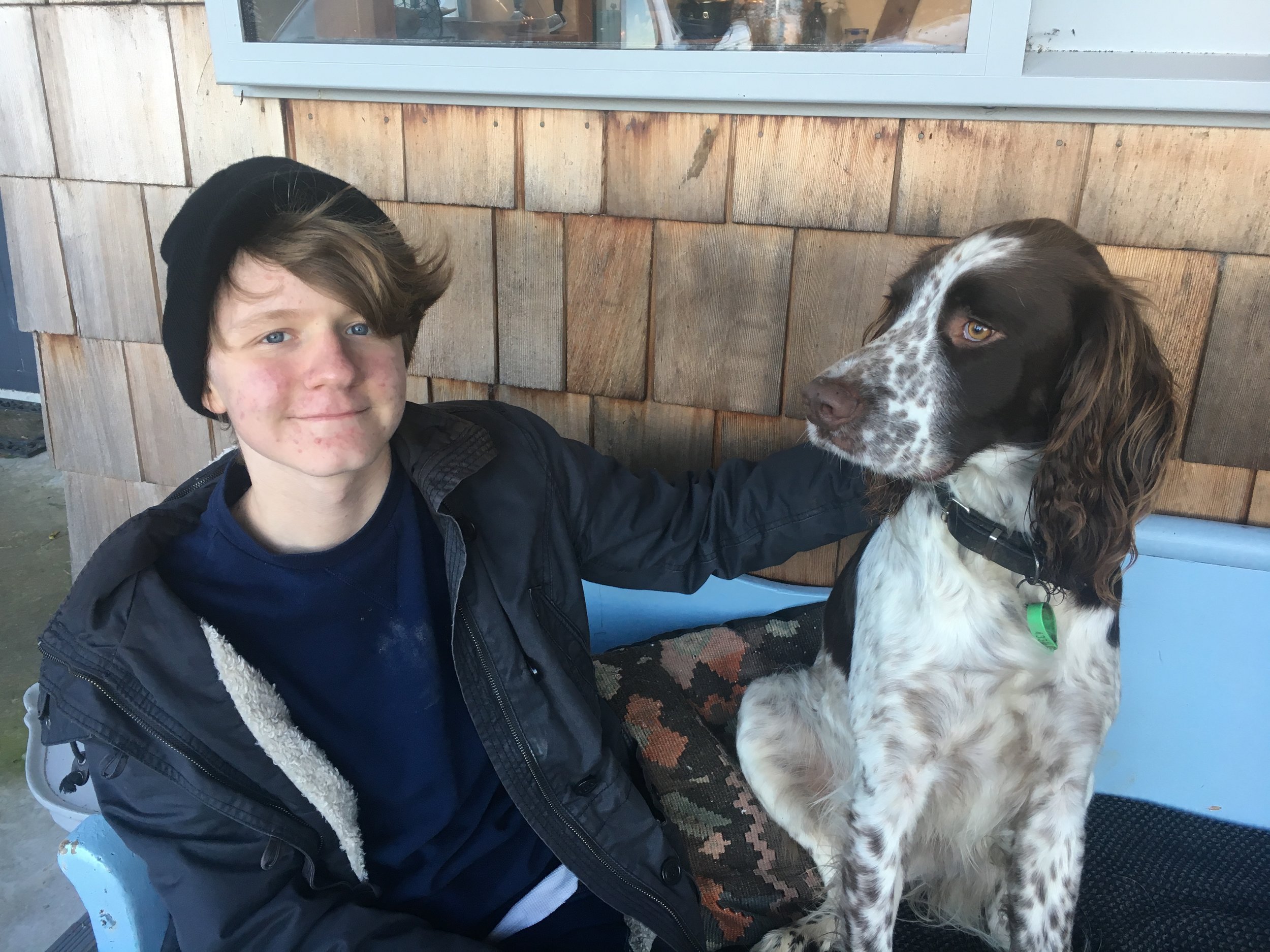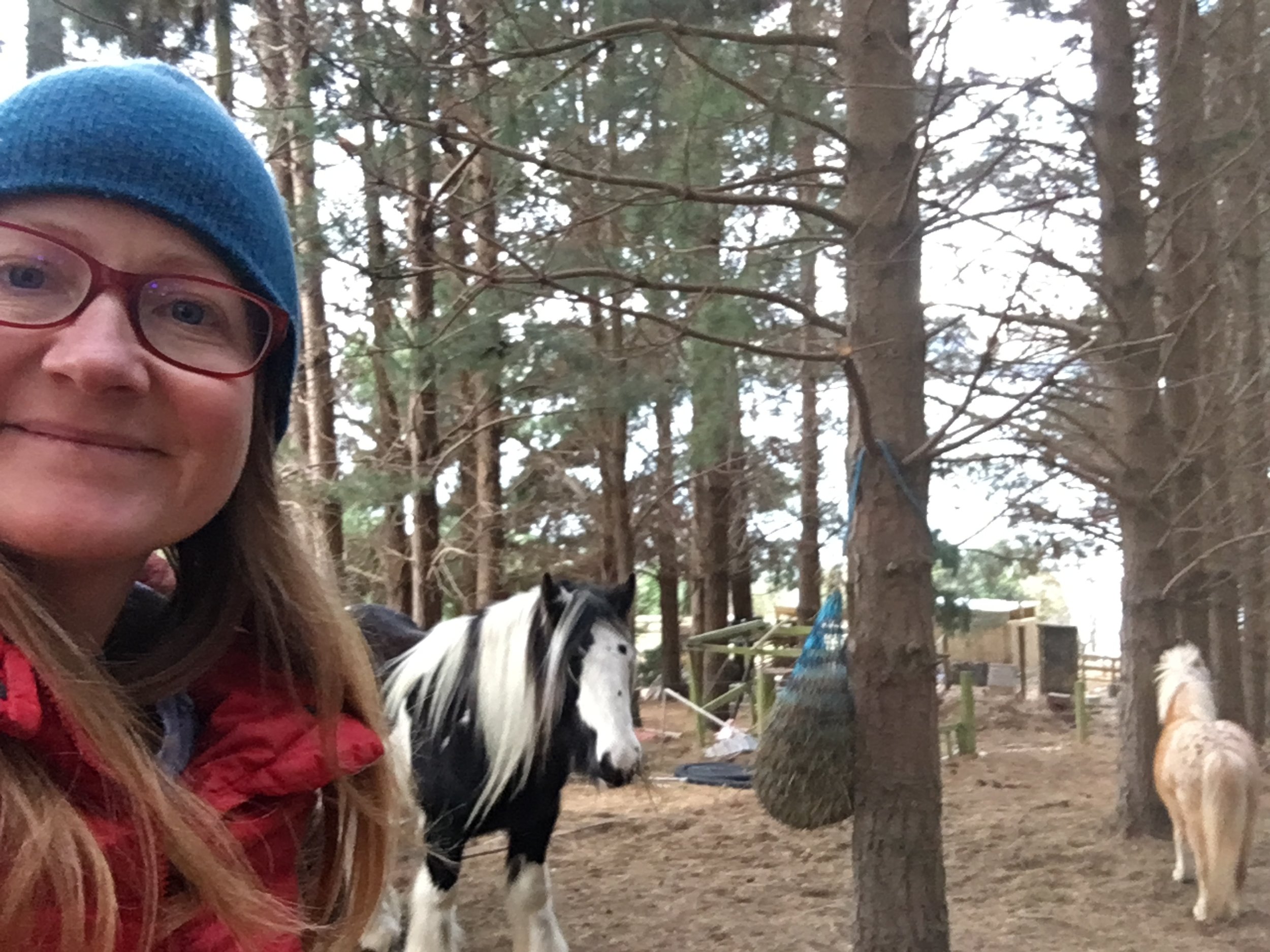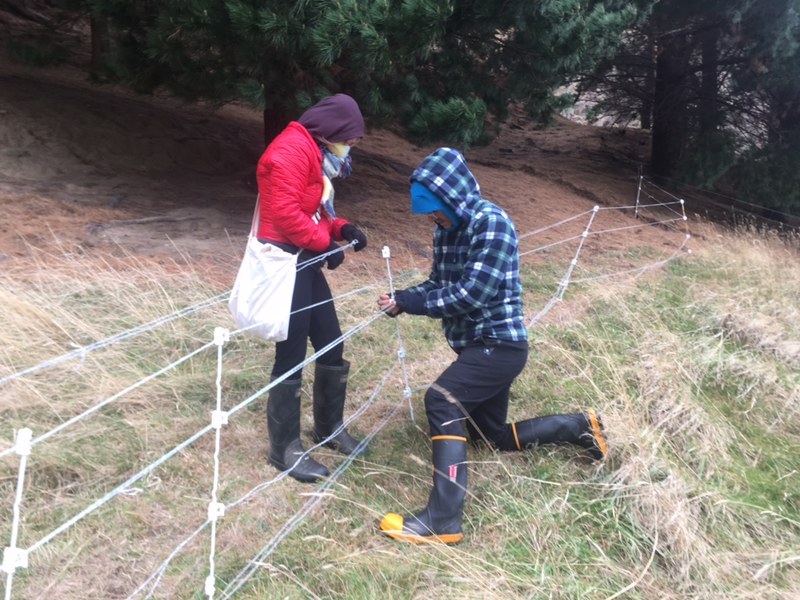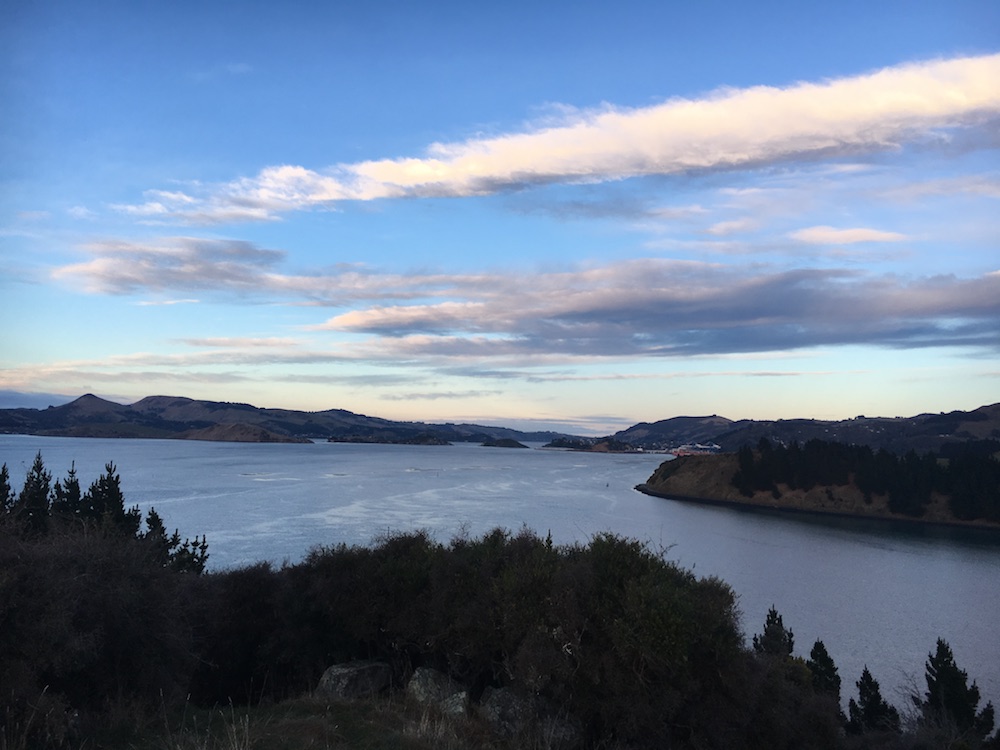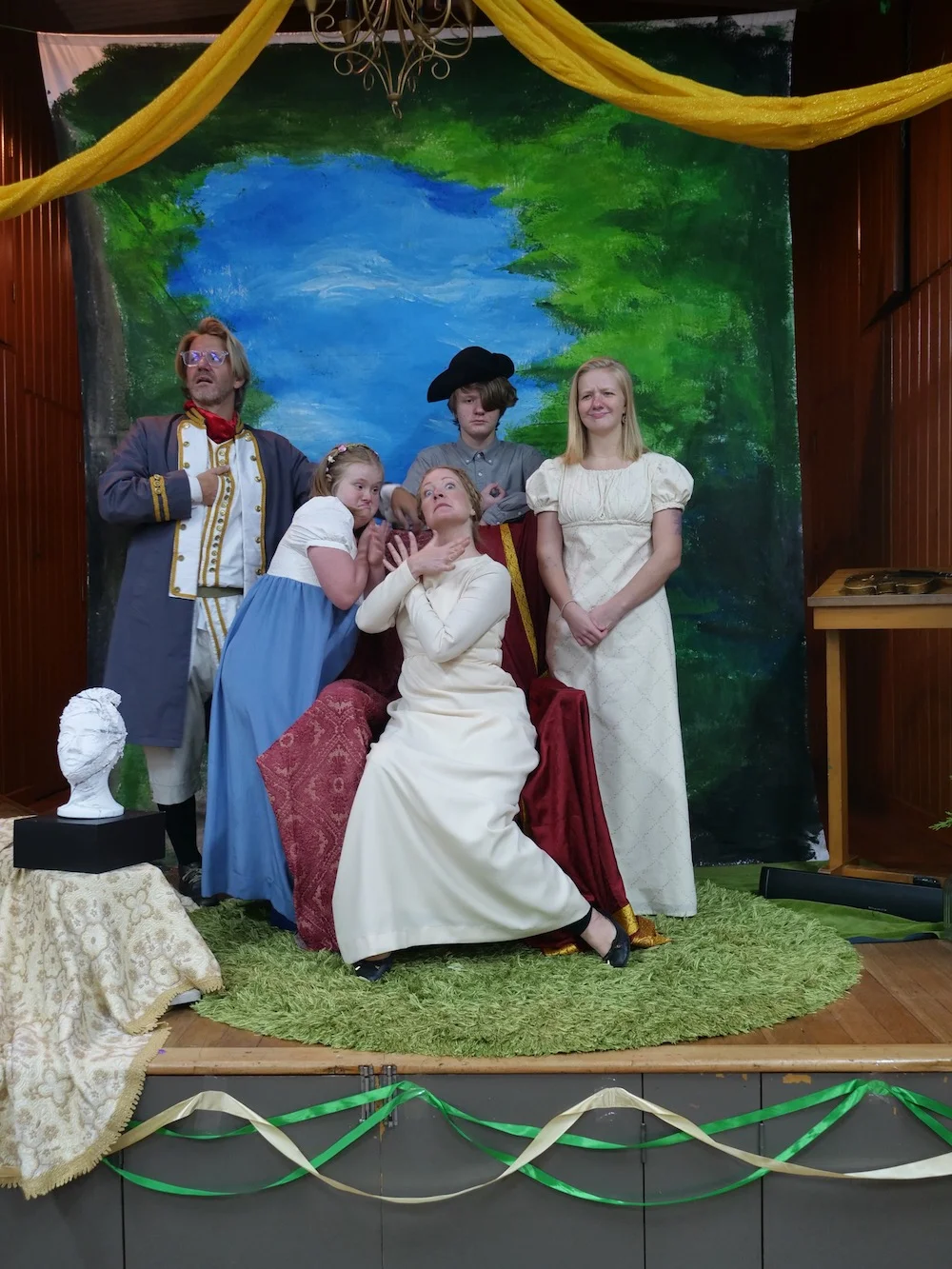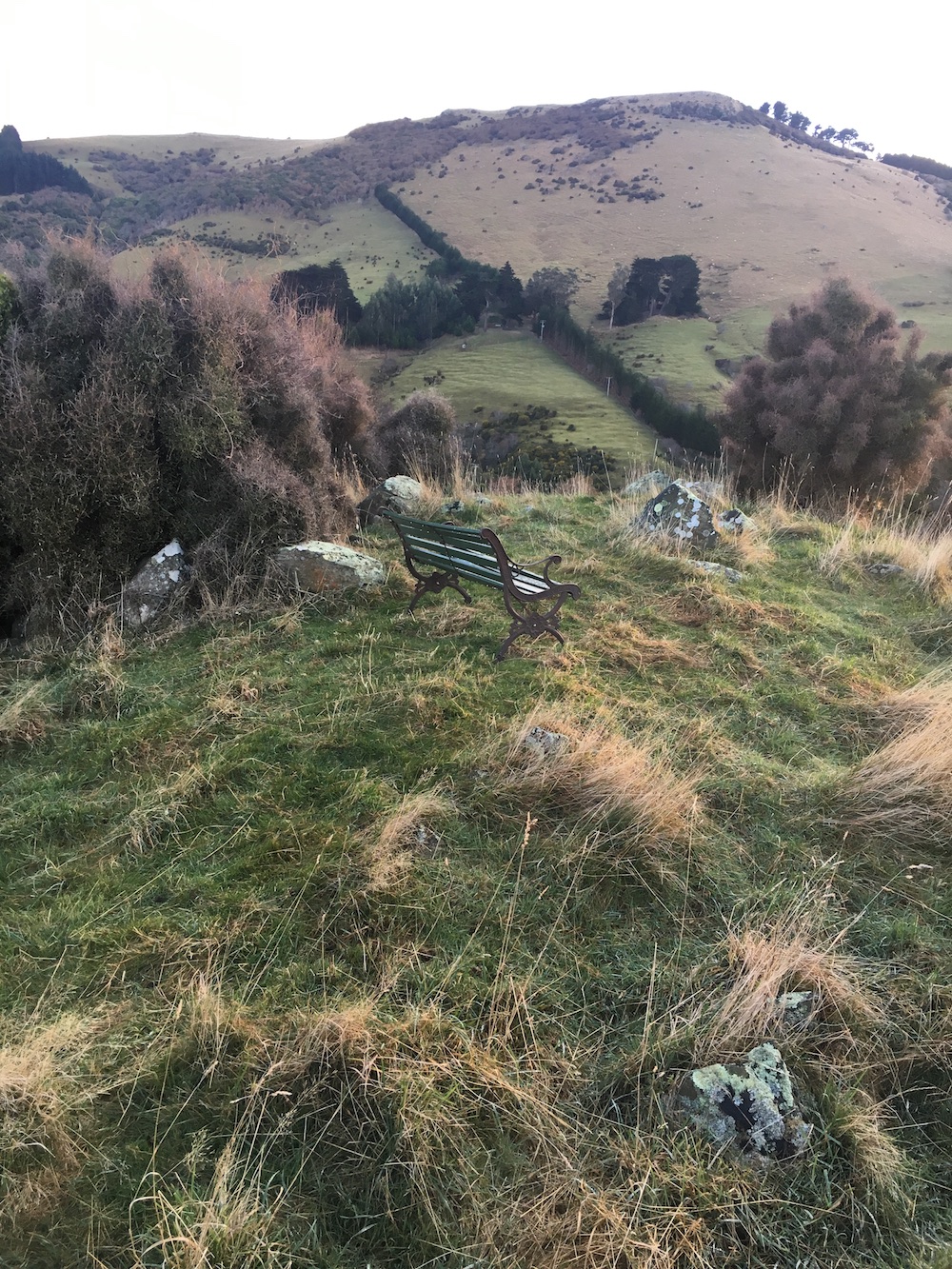Somebody Else's Ordinary
/by EMILY ORTON
Sometimes I feel like I’m in this Netflix series called Drama World. It’s a spoof on K-drama (i.e. Korean dramas) where the main character keeps waking up in a new show. The settings and situations are different but the cast is always the same. In real life, my family is always together, but we keep waking up in different countries and different seasons. Usually, it’s no big deal, but sometimes it’s trippy. (That’s a travel pun).
In the past couple of years, our family has traveled outside of New York City waaaaay more than any of us anticipated. We’ve been to several different countries on a couple of continents. We’ve lived on a sailboat, in a van, out of tents, and most recently, on a farm. We’ve visited ancient ruins, museums, and dressed up for an immersive evening of Regency period battles, dinner, and dancing.
When we’re traveling, most of life is still just life. It’s the stuff we all sort out—eating, cleaning, helping kids with school, work, emails, and finally that blessed moment when we get to sleep. I’m increasingly convinced that travel is just visiting somebody else’s ordinary.
In another country, somebody else’s ordinary is exotic, sophisticated and culturally expansive. I feel awake and open. I’m curious. I point out the different colored street signs. I note the unfamiliar height of the light switches. I take photos of grocery store foods—like frozen octopus or buffalo mozzarella.
But it’s just their way of doing things—often the same way they’ve been doing it for hundreds of years. Finns don’t gush to their friends about wool socks and wood-burning saunas. It’s mundane in Finland. Greeks don’t snap pictures of street signs written in Greek. It’s everyday in Greece. Germans do not swoon over massive pastries in their bakeries. Well, maybe they do. The point is those pastries are always there.
This is true for historical people as well. We love seeing somebody else’s ordinary. Every year hundreds of thousands of tourists hike around the lost city of Pompeii. In Pompeii, we are literally oohing and ahhing over the corner soup shop, wheat grinders, and the road.
Seeing what we have in common with other people creates connections. Seeing how we are different causes contemplation. Why do I do what I do? Is different better or just different? Do I want to make some changes? Is there something I want more or less of in my life?
This month, travel has me contemplating a new question: Why is it that when we visit a new nation or engage with a new culture, we’re impressed and curious, but if an individual person in our life does things differently than us, we get annoyed?
Michael Pollan wrote, “Culture… is a fancy word for your mom.” As the mother of five children, I know that our diversity goes even more granular than family units. Individually, we are all different.
What if we brought the same curious, accepting approach home to our families that we bring to our travels? What if we brought our openness to work, sports, or politics? Or even, heaven help us, to the Internet?
Wherever we are, we’re in micro-cultures of other people’s ordinary. They are exotic to us and we are exotic to them. What if we noted our similarities and differences with the same energy and delight as discovering a new city?
What if we were more patient navigating the unfamiliar terrain? What if we were brave enough to say, I’m lost, will you help me? What if we learned how to speak a few words in their language?
That would be exotic.
